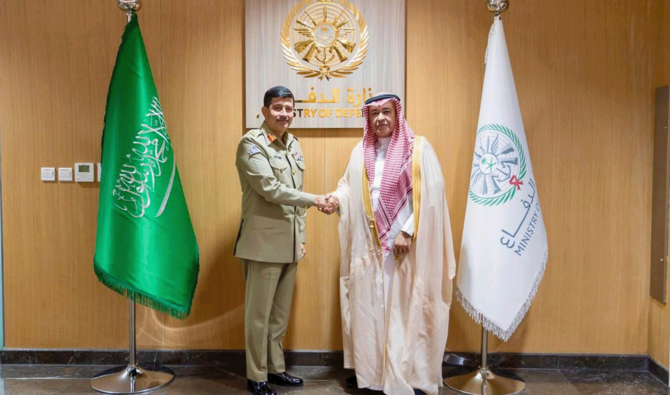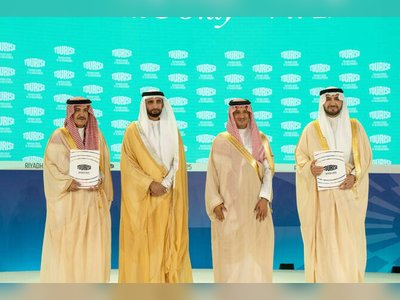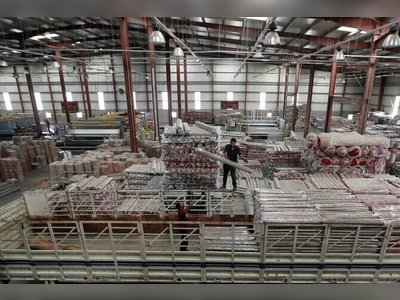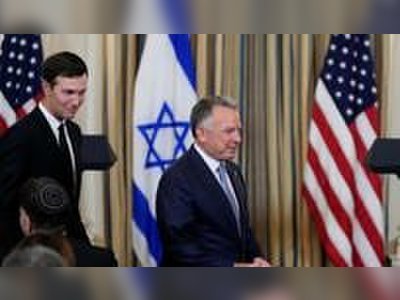
Pakistan and Saudi Arabia Deepen Defence Partnership with Strategic Military Forum in Riyadh
Top military leaders from Islamabad and Riyadh meet to advance joint ventures under their newly signed mutual defence agreement
Pakistan’s Chief of General Staff Lieutenant General Syed Aamer Raza met senior Saudi military leadership in Riyadh on Thursday to discuss the advancement of bilateral defence cooperation under the September-signed Strategic Mutual Defence Agreement.
The meeting in the Saudi capital focused on enhancing interoperability, expanding defence industrial collaboration and aligning emerging-technology joint ventures with the Kingdom’s Vision 2030 agenda.
According to a statement by Pakistan’s Inter-Services Public Relations department, the two sides reaffirmed their commitment to deepen longstanding “fraternal” ties which they described as contributing to regional peace, stability and self-reliance.
The Saudi side was co-represented by Assistant Minister of Defence for Executive Affairs Khalid Al Biyari, who led the Kingdom’s delegation.
As part of the agenda, a special session of the Pakistan-Saudi Bilateral Defence Industrial Forum was held in Riyadh, during which both parties reviewed the status of ongoing defence-cooperation projects and discussed new joint ventures in high-tech sectors, such as unmanned systems, cyber-defence and advanced materials.
The Pakistani statement emphasised Islamabad’s “continued support for the capacity-building of the Royal Saudi Defence Forces.”
Analysts interpret the sequence of events as a further institutionalisation of the defence pact signed on 17 September 2025, by Pakistan’s Prime Minister and Saudi Crown Prince Mohammed bin Salman, under which either country treats aggression against the other as aggression against both.
The Riyadh meeting underscores how the agreement is transitioning from diplomatic text to actionable cooperation, especially in an environment of shifting regional alliances and heightened Gulf security concerns.
For Saudi Arabia, the forum advances efforts to diversify its defence-industrial base and partner with Pakistan’s long-standing military-training ecosystem.
For Pakistan, the engagement opens opportunities to anchor Islamabad as a strategic defence partner in the Gulf, while securing industrial-collaboration streams aligned with its domestic security-industry ambitions.
The bilateral leaders of the two armed forces pledged to accelerate implementation of the accord’s provisions and expand collaborative frameworks for next-generation defence sectors.
Both governments said further announcements would follow in due course regarding joint production lines, training arrangements and technology transfer protocols.
The meeting in the Saudi capital focused on enhancing interoperability, expanding defence industrial collaboration and aligning emerging-technology joint ventures with the Kingdom’s Vision 2030 agenda.
According to a statement by Pakistan’s Inter-Services Public Relations department, the two sides reaffirmed their commitment to deepen longstanding “fraternal” ties which they described as contributing to regional peace, stability and self-reliance.
The Saudi side was co-represented by Assistant Minister of Defence for Executive Affairs Khalid Al Biyari, who led the Kingdom’s delegation.
As part of the agenda, a special session of the Pakistan-Saudi Bilateral Defence Industrial Forum was held in Riyadh, during which both parties reviewed the status of ongoing defence-cooperation projects and discussed new joint ventures in high-tech sectors, such as unmanned systems, cyber-defence and advanced materials.
The Pakistani statement emphasised Islamabad’s “continued support for the capacity-building of the Royal Saudi Defence Forces.”
Analysts interpret the sequence of events as a further institutionalisation of the defence pact signed on 17 September 2025, by Pakistan’s Prime Minister and Saudi Crown Prince Mohammed bin Salman, under which either country treats aggression against the other as aggression against both.
The Riyadh meeting underscores how the agreement is transitioning from diplomatic text to actionable cooperation, especially in an environment of shifting regional alliances and heightened Gulf security concerns.
For Saudi Arabia, the forum advances efforts to diversify its defence-industrial base and partner with Pakistan’s long-standing military-training ecosystem.
For Pakistan, the engagement opens opportunities to anchor Islamabad as a strategic defence partner in the Gulf, while securing industrial-collaboration streams aligned with its domestic security-industry ambitions.
The bilateral leaders of the two armed forces pledged to accelerate implementation of the accord’s provisions and expand collaborative frameworks for next-generation defence sectors.
Both governments said further announcements would follow in due course regarding joint production lines, training arrangements and technology transfer protocols.










